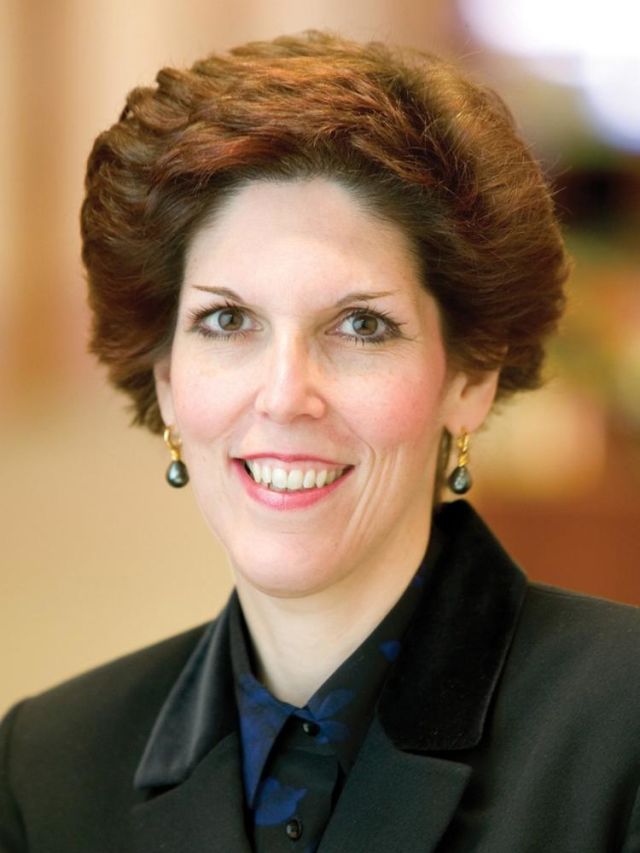Fed Reserve's Loretta J. Mester Predicts Slow and Steady Growth

No economic thrills—or chills—loom on the horizon, at least according to Loretta J. Mester, president of the Federal Reserve Bank of Cleveland. Instead, Mester forecast slow and steady growth in remarks to members of the FPA of the Suncoast at a Feb. 19 breakfast at the Sarasota Yacht Club that was sponsored by Sarasota’s Cumberland Advisors.
The Fed’s December bump in interest rates—the first in nearly a decade—reflected the economic progress we’ve made since the Great Recession, said Mester—a recession that’s now six years in the rear view mirror. “It represents a step towards more normal [Fed] policy,” she says, and she expects only gradual increases in the interest rate for some time to come.
Among her confidence builders: Consumer spending has remained strong and home prices have been rising by 5-6 percent annually, allowing homeowners to rebuild equity. (She brushed off the idea of an approaching housing bubble, saying homeowners are avoiding accumulating too much debt and lenders are being strict about loans.) Banks are in good shape, too, having rebuilt their balances above pre-recession levels. And the labor market is improving and will continue to improve, she said, with unemployment dropping from 10 percent in October 2009 to 4.9 percent in January.
The economy does face challenges. Low oil prices, while a boon for consumers in the form of lower gas and heating costs, have hurt energy companies and workers. The strong dollar has also been a double-edged sword, benefitting American consumers but dragging down exports—and since this is an interconnected word, as our trading partners suffer, exports could further weaken.
China’s economy presents uncertainties. And we’re seeing an ever-widening income gap between workers with college degrees and those without them. We now rank 12th for college-educated workers among developed countries, a statistic Mester finds alarming. “We are under-investing in education,” she warned, and she says it’s the role of the government rather than the Fed to address that problem with new policies and programs.
Overall, economic strengths outweigh weaknesses, Mester says, and growth—slow growth—is likely to continue. Likewise, some of the bumps now impeding progress will smooth out. “Oil can’t decline and the dollar can’t appreciate forever,” she said. “At some point, they will stabilize—and likewise, there is reason to expect that inflation will move back to 2 percent.” (Inflation was 1.4 percent in December percent and the Fed’s goal is 2 percent.)
After her remarks, Cumberland chairman David Kotok told Mester he had one important question. Gesturing out at the sailboats bobbing under a bright blue, sunny sky, he asked the Ohio resident. “How do you like Sarasota?” The Fed Reserve president’s answer was anything but reserved. “I LOVE Sarasota! she declared.”



